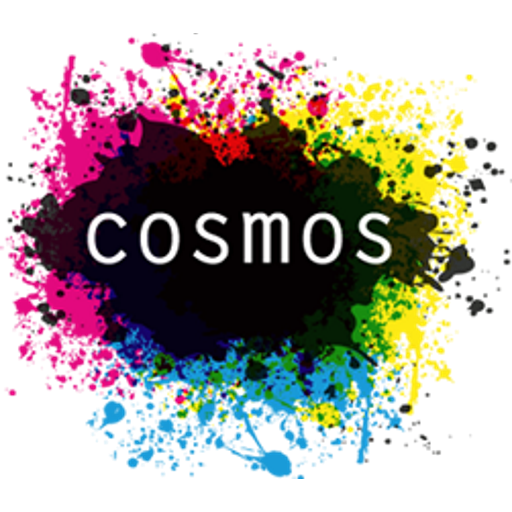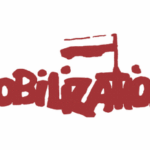On November 30th 2016, Herman Lelieveldt (University College Roosevelt) will present a paper entitled “Chaperoning private politics: how states affect NGO-corporate interactions”

Studies that seek to explain how NGOs and corporations interact in processes leading to private certification, tend to assume that the arena of private politics is devoid of state intervention. I argue that these analyses overlook the crucial and often contradictory role states play in these processes.
These roles – which I characterize as chaperoning – are a direct result of the repositioning of state responsibilities in neo-liberal food regimes. Democratically elected governments now fiercely advocate collaboration between corporations as a way to make the food system more sustainable because free trade rules have reduced their capacity to adopt formal legislation. At the same time however state competition agencies will easily disqualify these as instances of cartel formation if such collaboration leads companies to make agreements to limit market offerings.
I illustrate these phenomena through a case study of attempts to raise animal welfare standards of poultry sold in Dutch supermarkets. When supermarkets eventually responded to NGO pressure by jointly agreeing on a common standard, the Dutch competition agency dismissed this as a case of cartel formation. This forced retailers to each individually decide on higher animal welfare standard and resulted in a highly scattered market offering with only limited welfare improvements.
Hence the analysis shows how neo-liberal predicaments of ensuring free competition poses inherent limits to the emergence of a new corporate-environmental food regime.
28/10/2025

14/10/2025

Journal Article - 2025
Journal Article - 2023
Journal Article - 2023
Journal Article - 2023
Journal Article - 2023
Monograph - 2023
Monograph - 2022
Monograph - 2022
Journal Article - 2021
Journal Article - 2021